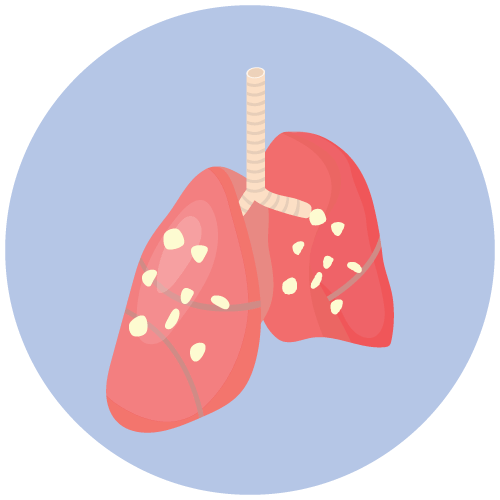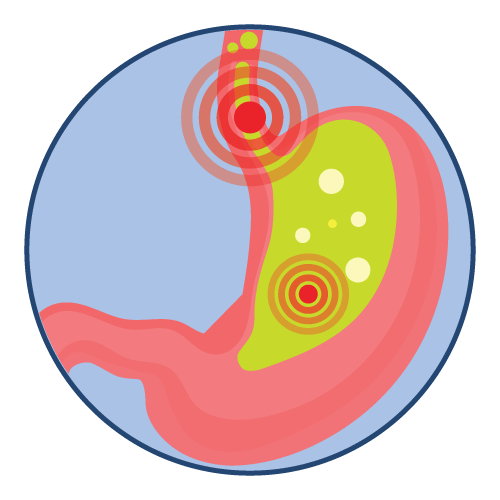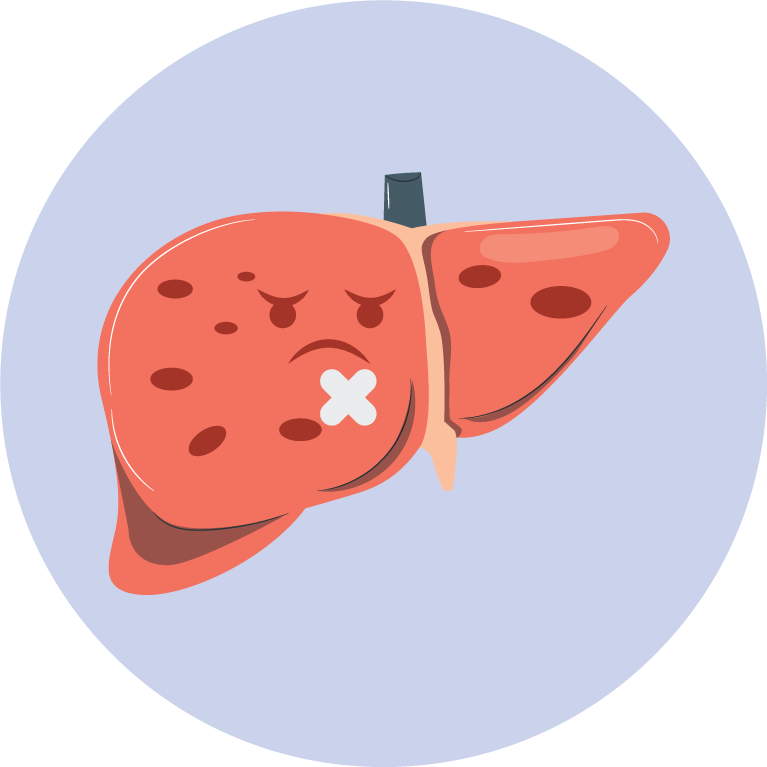| Name | Rifampicin |
| Classes |
Antiinfective Agent Antituberculosis Agent |
| Diseases |
Infectious Disease TB (Tuberculosis) |
Rifampicin
Rifampicin is an antitubercular agent. Rifampin inhibits bacterial DNA-dependent RNA polymerase as a result of drug binding in the polymerase subunit deep within the DNA/RNA channel, allowing direct blockage of the elongating RNA.
Rifampicin is indicated for the following conditions-
- Tuberculosis
- Treatment of asymptomatic carriers of Neisseria meningitidis.
Tuberculosis
- Adults: 10 mg/kg in a single daily dose not to exceed 600 mg/day, orally or intravenously.
- Pediatric patients: 10-20 mg/kg, not to exceed 600 mg/day, oral or IV.
- Oral rifampin should be taken once a day, either one hour before or two hours after a meal, with a full glass of water.
Meningococcal Carriers
- Adults: It is suggested that individuals take 600 mg of rifampin twice daily for two days.
- Pediatric patients 1 month of age or older: For two days, take 10 mg/kg (maximum 600 mg per dosage) every 12 hours.
- Pediatric patients under 1 month of age: For two days, take 5 mg/kg every 12 hours.
Gastrointestinal: Heartburn, epigastric distress, anorexia, nausea, vomiting, jaundice, flatulence, cramps, and diarrhea.
Hepatic: Liver dysfunction, Hepatitis.
Hematologic: Thrombocytopenia.
CNS disorders: Headache, Drowsiness, Dizziness, Asthenia.
- The drug rifampin has been linked to liver damage. Patients with liver illness and those taking rifampin with other hepatotoxic medications have died as a result of jaundice.
- In patients with a history of diabetes mellitus, rifampin should be administered with caution since diabetes management may be more challenging.
- Rifampin has enzyme induction properties, which means it can speed up the metabolism of endogenous substrates such adrenal hormones, thyroid hormones, and vitamin D. Vitamin D metabolism has been observed to be affected by rifampin and isoniazid.
- Rifampin causes a reddish-orange to reddish-brown color change in urine, saliva, sputum, perspiration, teeth, and tears. This is to be expected when taking this medication.
Contraindication
Rifampicin is contraindicated in patients with a history of hypersensitivity to rifampin or any of the components, or to any of the rifamycins, such as-
Co-administration with the following drugs are contraindicated due to an increased risk of severe hepatocellular toxicity-
- Ritonavir
- Saquinavir
Rifampin is contraindicated in patients who are also receiving the following drugs-
- Atazanavir
- Darunavir
There is no contraindications of Rifampicin in terms of food and drinks.
There is no contraindications of Rifampicin in terms of health.
 Bangla
Bangla English
English





